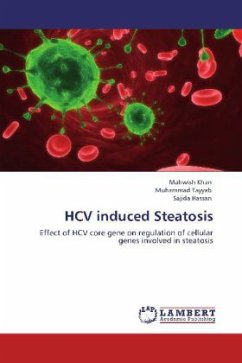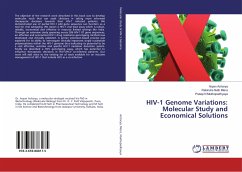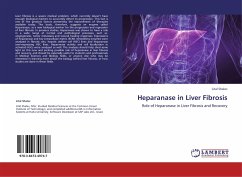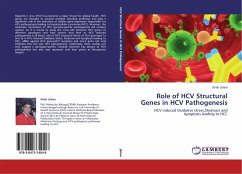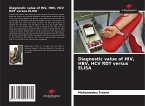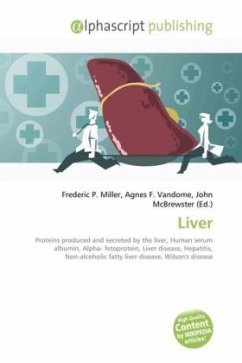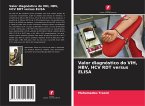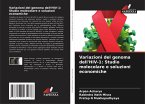Hepatitis C virus (HCV) has chronically infected a large number of patients, leading to the development of steatosis, cirrhosis and, ultimately, hepatocellular carcinoma. The pathogenesis of HCV has not been fully explained, although steatosis is considered to contribute greatly to liver fibrosis progression, modulating host-cell lipid metabolism. Suspected underlying molecular mechanisms include interactions between HCV proteins and intracellular lipid metabolic pathways. Recent studies have suggested that the nucleocapsid of HCV (core) acts as a pathogenic factor involved in lipid droplet accumulation, changes in lipogenic gene expression and/or the activity of lipogenic proteins in a genotype-specific manner. In this book, we have tried to summarize the current knowledge regarding HCV-induced steatosis and the regulation of expression of host genes and receptors that aid in the viral life cycle and promote liver diseases.
Bitte wählen Sie Ihr Anliegen aus.
Rechnungen
Retourenschein anfordern
Bestellstatus
Storno

